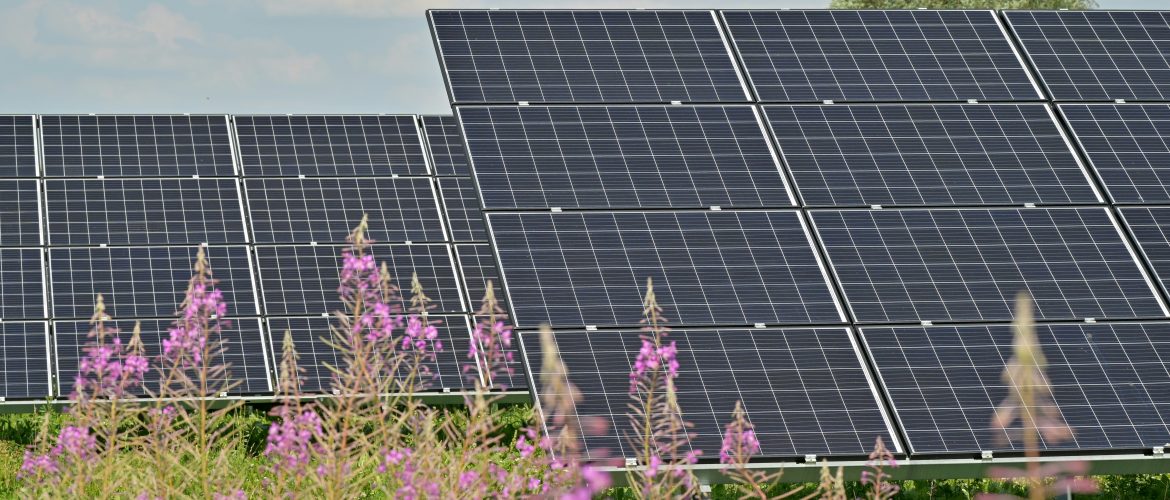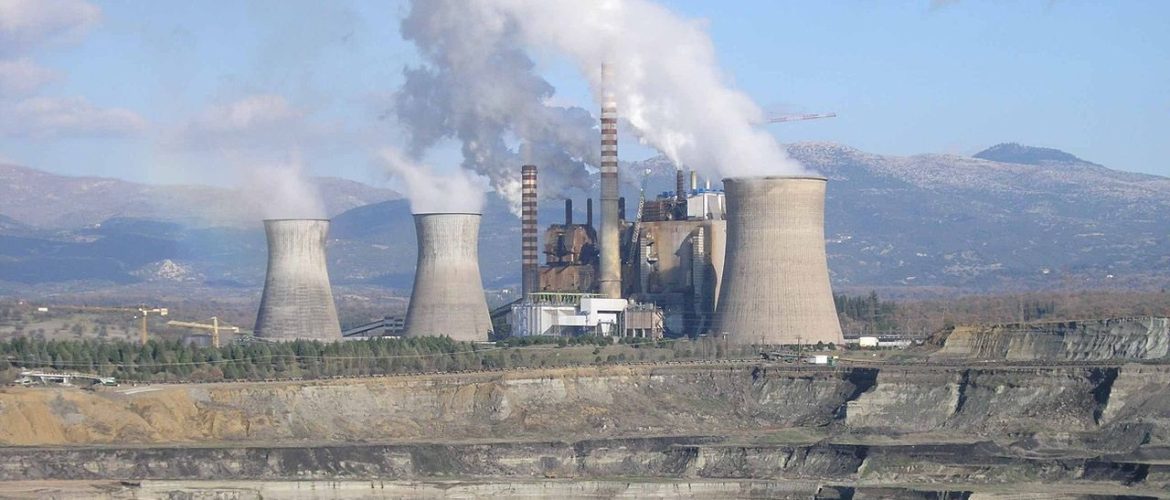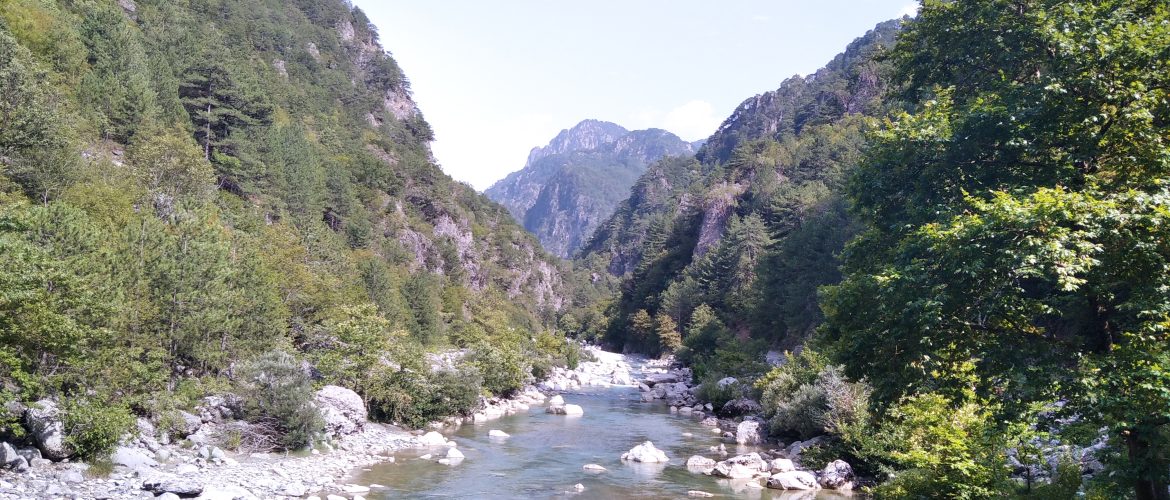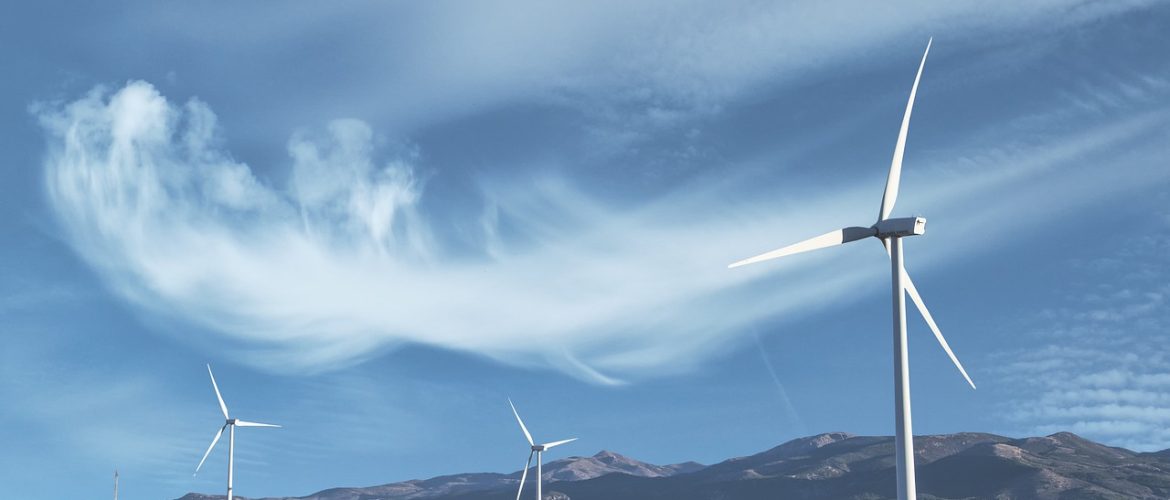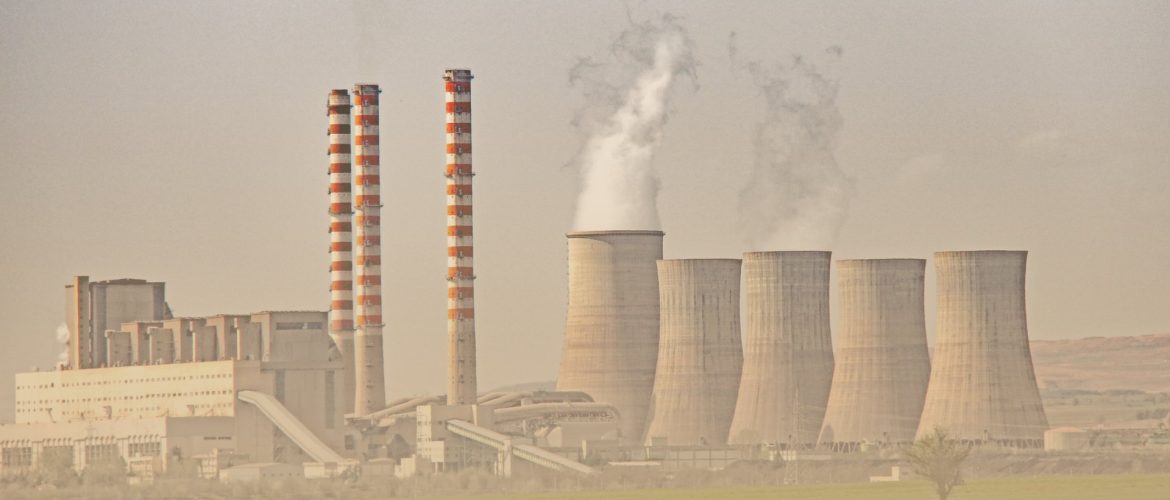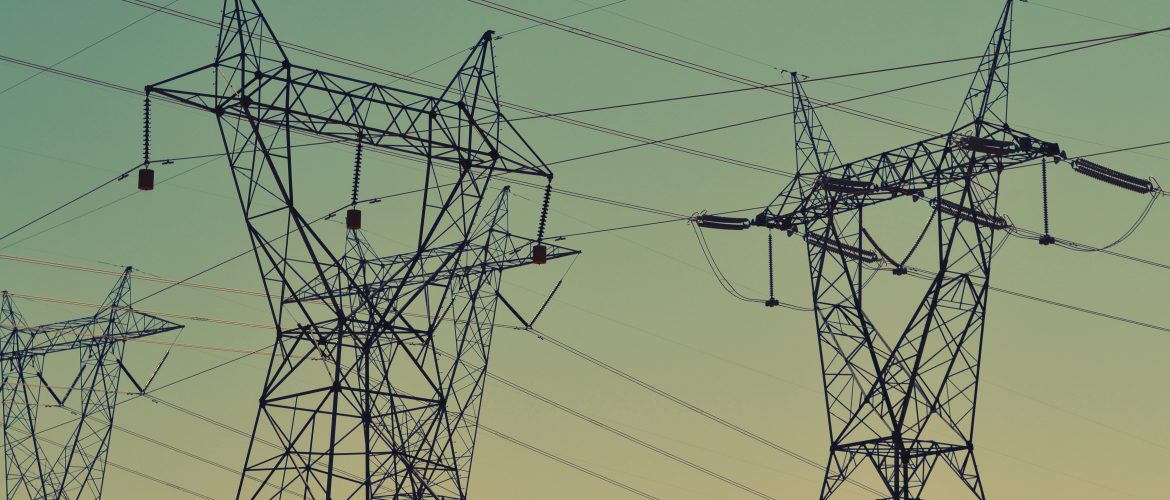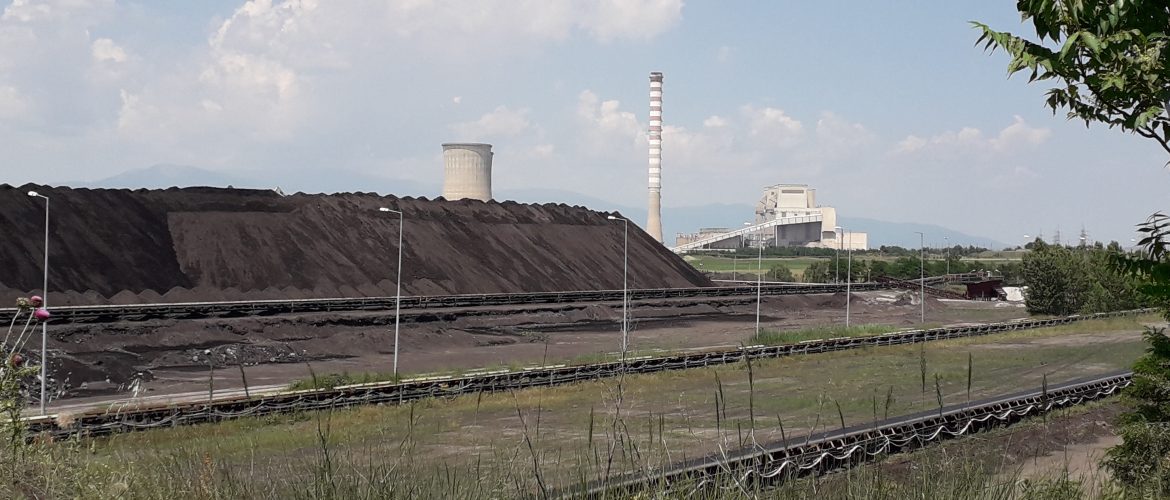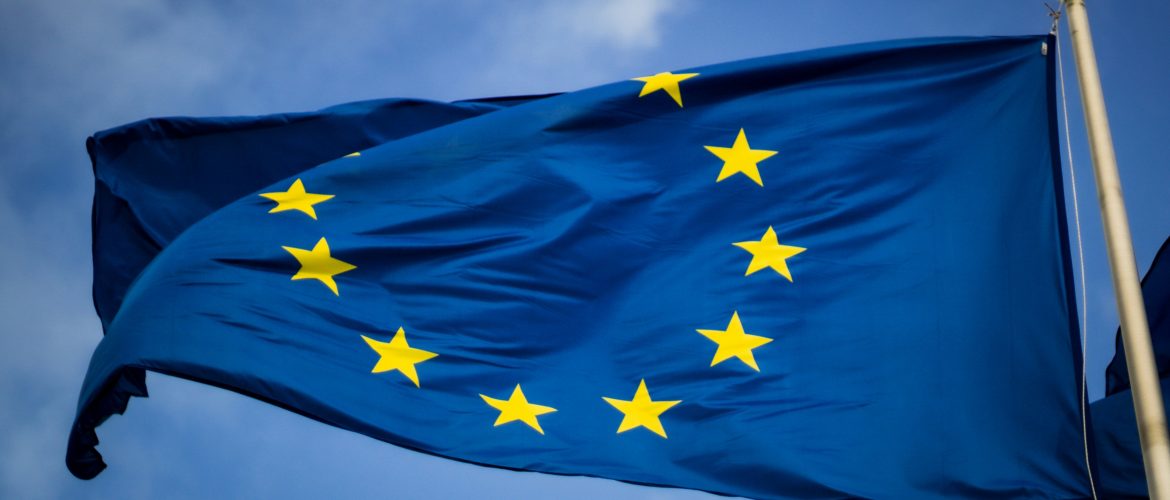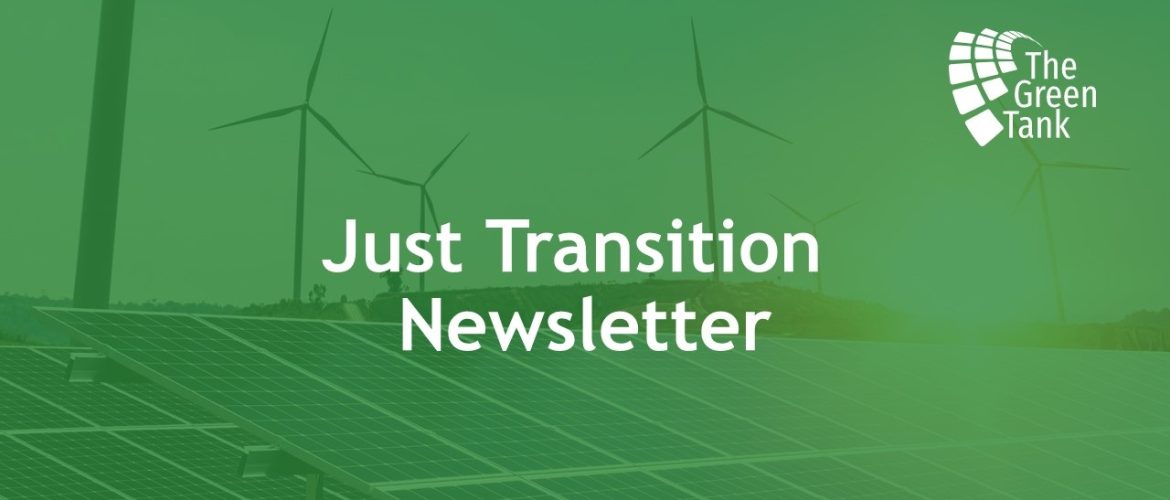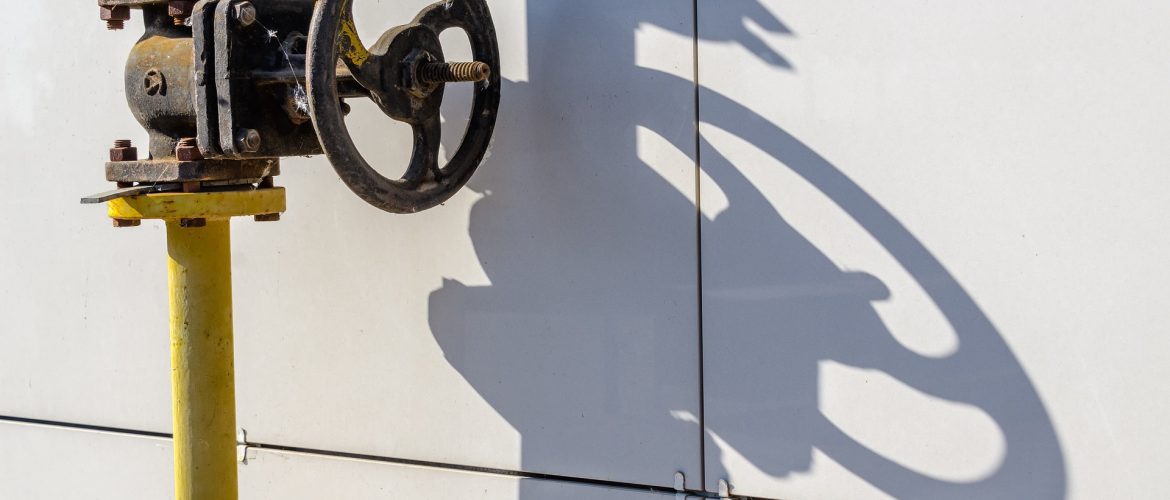Nikos Mantzaris talked to energypress and euro2day about the problem of RES curtailments that tends to become permanent in Greece.
Nikos Mantzaris analyzes the reasons behind the return of lignite during the summer of 2024.
Ioli Christopoulou explained the importance of the recent ministerial decision defining the protection conditions for the part of the Aoos River designated as a Protected Landscape and Protected Natural Formation in November 2023.
Nikos Mantzaris participated in an interesting discussion during the Agora podcast by MacroPolis.
In an interview to radio station ERT Kozani, Nikos Mantzaris discussed the Green Tank poll on heating and district heating in Western Macedonia.
Nikos Mantzaris laid out The Green Tank’s proposals to address the problem of high energy prices at its root.
Discussion on youth participation in the just transition of Western Macedonia in a podcast of the newspaper “O Chronos”.
The Green Tank co-signed an open letter by Ukrainian climate NGO Razom We Stand, in partnership with over 100 organizations.
The Green Tank’s seventh newsletter for the developments of the last six months (January – July 2024) related to the Just Transition of lignite regions in Greece and in Europe has been published.
Russian gas imports in Greece increased sixfold in the first half of 2024 compared to the same period in 2023, while LNG imports from Agia Triada were halved.



